
Report from the Wood4Bauhaus Alliance side event held Friday 7th October at the High-Level EU Bioeconomy Conference, ‘Bioeconomy – Enabling the European Green Deal in Challenging Times’ 6-7th October, Brussels
This side event was held at the request of the European Commission to highlight the potential climate benefits of using more nature-based materials, such as wood and other biomaterials, in the built environment within the context of the New European Bauhaus.
Long-life, low-carbon, circular products can drastically diminish the carbon emissions of Europe’s building stock. Nature-based solutions will thus be key to achieving a more resilient, self-sufficient European bioeconomy.
The event was hosted by the Wood Sector Alliance for the New European Bauhaus – wood4bauhaus an official partner of the New European Bauhaus, which drives change in the building sector, supports the co-creation of innovative solutions and helps to make the transition to sustainable living a widespread, powerful movement.
Four speakers explained how the bioeconomy can be built with nature-based materials and solutions within the setting of the New European Bauhaus (NEB):
Borut Cink, European Commission’s Joint Research Centre, explained that the NEB was keen to foster and co-create nature-based solutions and “that the President of the Commission, Ursula von der Leyen, sees the New European Bauhaus as the soul of the Green Deal.” Cink pointed out that they are undertaking regulatory analysis to identify obstacles to the NEB, including with regards the use of new materials, and the first report will be available in the autumn.
Olivier Vuylsteke, Chief Investment Officer at Nextensa, spoke about the paradigm shift that is now underway in the construction sector as it rediscovers wood as a building material. Using the example of his own company he explained how they were “working to decarbonise the buildings in their portfolio”, an approach “in line with the values of the New European Bauhaus.” He explained it had been necessary “to do some convincing to move away from the traditional build approach.” Vuylsteke highlighted their new build timber office block close to EU Parliament on Rue Montoyer, the first of its kind in Brussels, which had been erected quicker than a normal build and with considerably lower climate emissions Monteco (nextensa.eu)
Clive Pinnington, Managing Director of the European Panel Federation, highlighted the potential of wood insulation materials both within the Renovation Wave and the NEB. “With energy prices rocketing the number one recommendation is ‘insulate your loft’. Yet, only 1% of insulation materials are currently nature-based, the other 99% are all fossil fuel based.
This needs to change and, as European Commission Vice-President Frans Timmermans highlighted when addressing the Bioeconomy Conference earlier today, wood-fibre is the sustainable material that can do this and additionally it will safely store carbon.”
Lauri Linkosalmi of StoraEnso spoke about building solutions with wood being a leading driver for the bioeconomy. “Wood is an existing solution. It is lightweight and can be fabricated and deployed quickly and has many applications. Everything that’s made from fossil-based materials today can be made from a tree tomorrow.” By way of example he referenced wooden wind turbine towers made with laminated veneer lumber (LVL), which proportionate to their weight are stronger than steel.
Uwe Kies, Secretary General of InnovaWood, chaired the event.
For further information and comment contact:
Paul Brannen +44 787 856 5406, or
Uwe Kies +32 472 62 60 43, or
per e-Mail info@wood4bauhaus.eu
Background information
The European Commission’s New European Bauhaus calls for a creative, interdisciplinary, novel movement embedded in society to imagine a sustainable future together and to engage on a transformative path towards affordable and beautiful living spaces in urban and rural environments. A key step is the transformation of the building sector into a circular model that can also counteract the escalating climate crisis. This transformation requires prioritised research in the use of organic materials in buildings.
The Wood4Bauhaus Alliance’s main objective is to shape a better and sustainable future with beautiful, healthy and inclusive living, working, and learning spaces as part of a sustainable, low carbon-built environment. Our platform shall foster an open, long-term dialogue with all interested stakeholders and help share good practices related to the Circular Economy and Green Buildings. Our goal is to inspire as many actors as possible to co-create and develop contributions to the New European Bauhaus from European to regional and local level, all in the common interest to advance and exploit as much as possible nature-based materials, innovative building systems and smart solutions to mitigate climate harm and benefit European citizens. The Alliance will therefore:
- Encourage research and innovation for novel, innovative uses of wood in the built environment,
- Foster new collaborations and co-creation between different stakeholders across disciplines, sectors, and society, and
- Facilitate knowledge sharing and skills development towards future generations.
The Alliance confirming these policy recommendations comprises the following partners:
InnovaWood is the European network for wood science, research, innovation and education with 60+ member organisations in 28 countries, including RTOs, universities, VET centres and cluster organisations. The European Confederation of Woodworking Industries (CEI-Bois) is an umbrella organisation of 21 European and national organisations from 15 countries backing the interests of the whole wood sector. The European Panel Federation (EPF) represents 100,000 direct jobs in wood-based panel manufacturing and furniture in 32 countries. The European Organisation of the Sawmill Industry (EOS) represents 35,000 sawmills in 12 countries. The European Federation of Building and Woodworkers (EFBWW) is the European Trade Union Federation grouping 76 national free trade unions from 34 countries with members in the building, building materials, woodworking, forestry and allied industries and trades. InnoRenew CoE is a new research centre in Slovenia focused on sustainable construction with renewable materials.
BASAJAUN project fosters sustainable wood construction chains from forest harvesting to final buildings and Circular Economy solutions in the sector. It has received funding from the EU Horizon 2020 research and innovation programme under grant agreement no. 862942. InnoRenew CoE was founded with support from H2020 Widespread-2-Teaming grant no. 739574.
© 2022 Wood Sector Alliance for the New European Bauhaus
Contact: info@wood4bauhaus.eu | Web: wood4bauhaus.eu


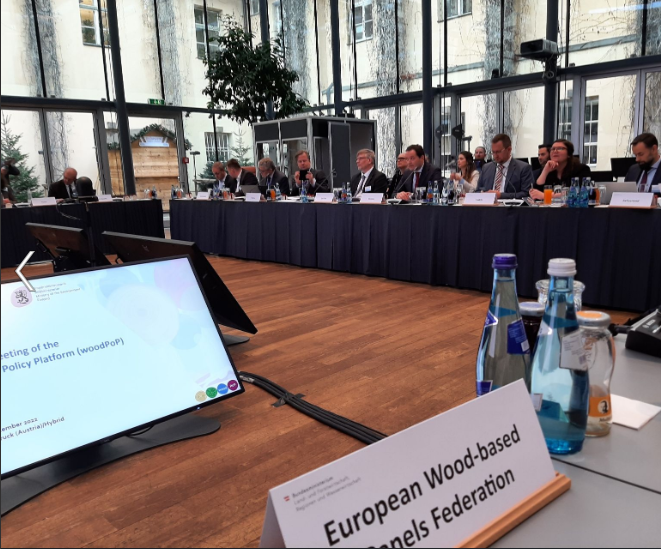
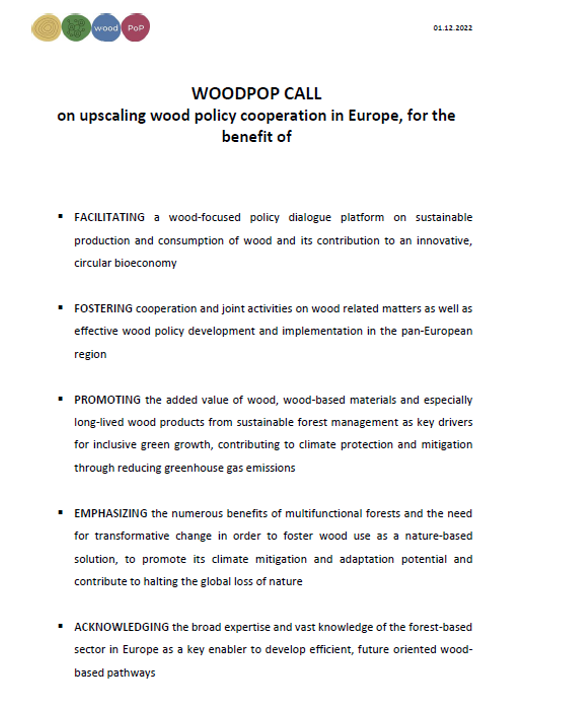
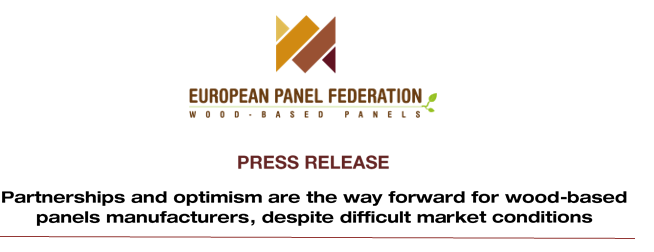

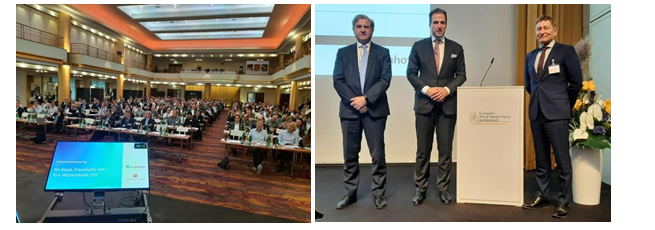
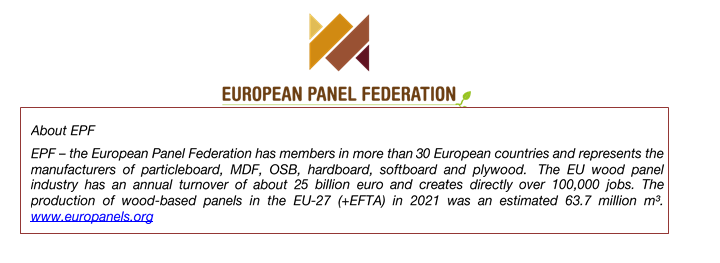

















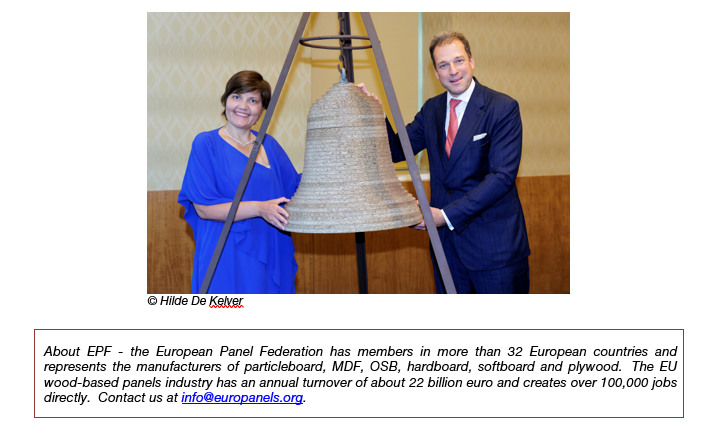

 Professor Hans-Joachim Schellnhuber of the Potsdam-Institute for Climate Impact Research in Germany today delivered a powerful climate change message backing the use of more wood in the built environment.
Professor Hans-Joachim Schellnhuber of the Potsdam-Institute for Climate Impact Research in Germany today delivered a powerful climate change message backing the use of more wood in the built environment. Mrs Ruth Reichstein of the European Commission made it clear that:
Mrs Ruth Reichstein of the European Commission made it clear that:
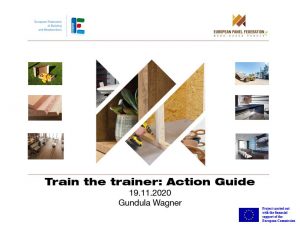 The provisional programme was as follows:
The provisional programme was as follows:
